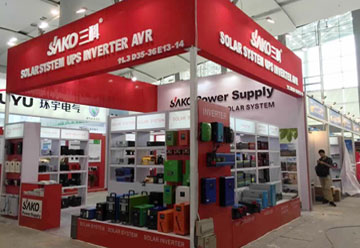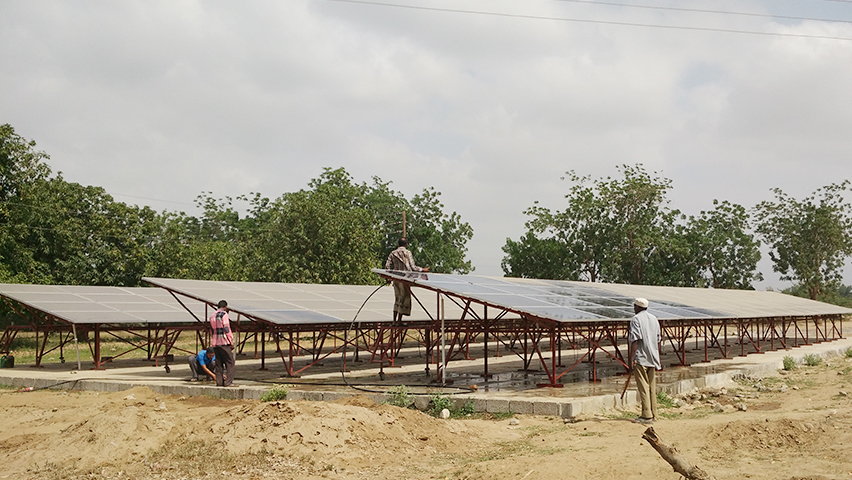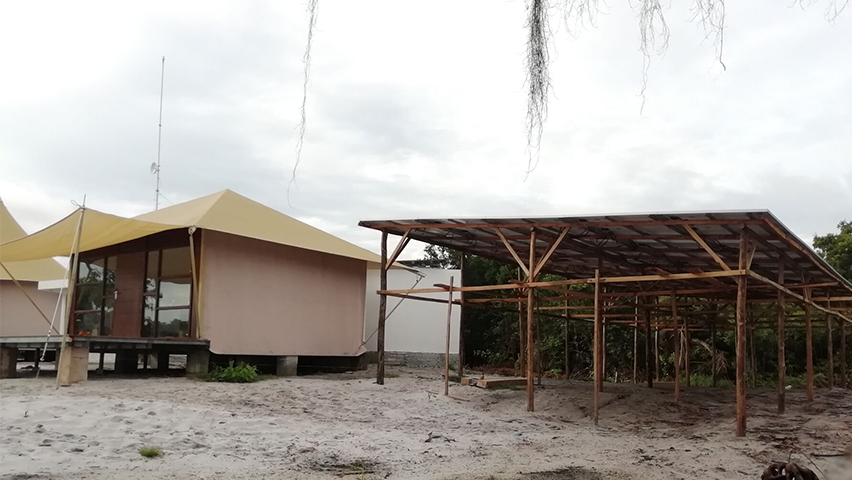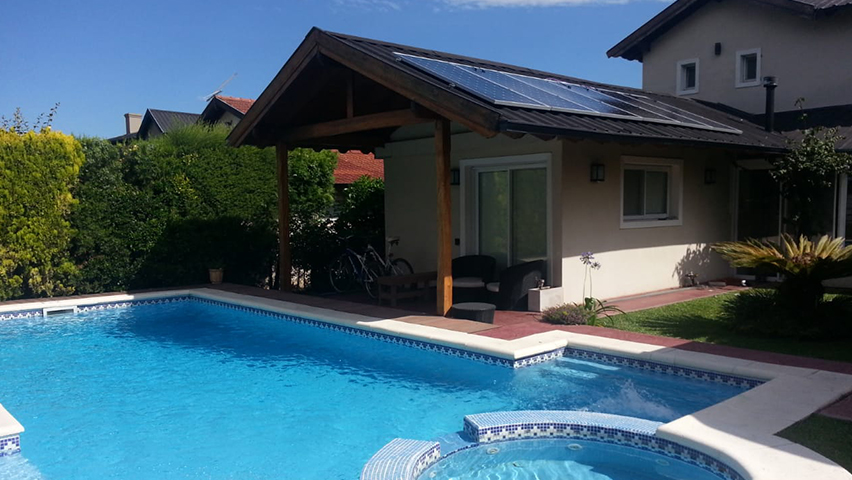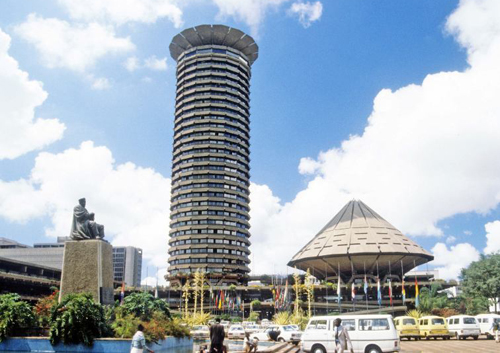In this article, we explore the advantages of off-grid solar power systems. These systems can provide electricity anytime and are perfect for remote areas where it is difficult to access the grid.
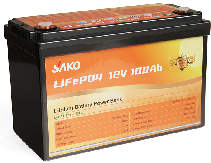
What is an off-grid solar power system?
Off-grid solar power generation systems use solar panels to turn solar energy into electricity when there is light, power a load through a solar charge and discharge controller, and charge a battery simultaneously. Solar energy is used to charge and discharge batteries when there is no light or cloud cover. The controller draws power from the battery pack to power the DC load. The battery also directly powers the independent inverter, which converts that power into AC power to power the AC load.
Components of SAKO Off-Grid Solar Power System
- Solar cell module: The solar cell module is the main part of the solar off-grid power generation system and is also the system’s most valuable component. Its function is to convert the sun’s radiant energy into direct current electricity.
- Solar charge and discharge controller: also known as “photovoltaic controller,” its function is to adjust and control the electric energy generated by the solar cell module, to charge the battery to the maximum extent, and protect the battery from overcharging and overcharging—the role of discharge protection. The photovoltaic controller should have a temperature compensation function in places with large temperature differences. Common photovoltaic controllers have different voltage levels of DC12V, 24V, 48V, 110V, and 220V.
- Battery pack: Its main task is to store energy to ensure load power consumption at night or on cloudy and rainy days.
- Off-grid inverter: The off-grid inverter is one of the core components of the off-grid solar power generation system. It is responsible for converting DC power into AC power for use by AC loads. Improving the inverter’s performance indicators is very important to improve the overall performance of the photovoltaic power generation system and ensure the power station’s long-term stable operation.
Pros of Off Grid Solar Power Systems
- No risk of depletion;
- Safety and dependability; no noise; no discharge of pollutants; clean and unpolluted;
- The geographic distribution of resources does not constrain it; it may use the benefits of constructing roofs;
- High energy quality;
- On-site power production and supply may be produced without using fuel or building transmission lines;
- Construction time and energy acquisition time are both low.

